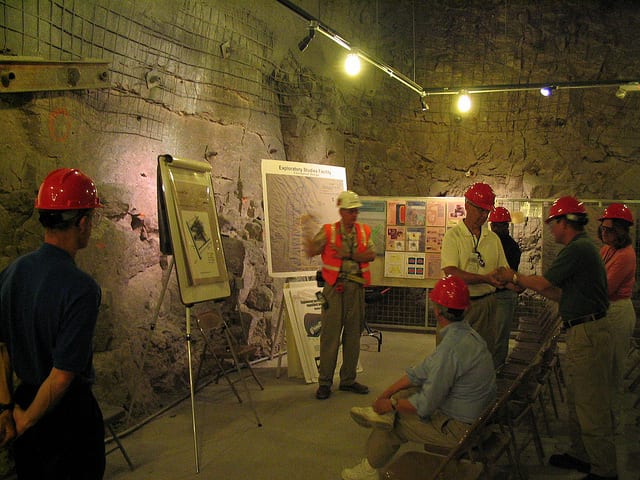
A federal appeals court has dismissed the state of Nevada’s petition seeking to force a member of the Nuclear Regulatory Commission to recuse himself from any decision-making on licensing the planned nuclear waste repository at Yucca Mountain.
The ruling arrived…